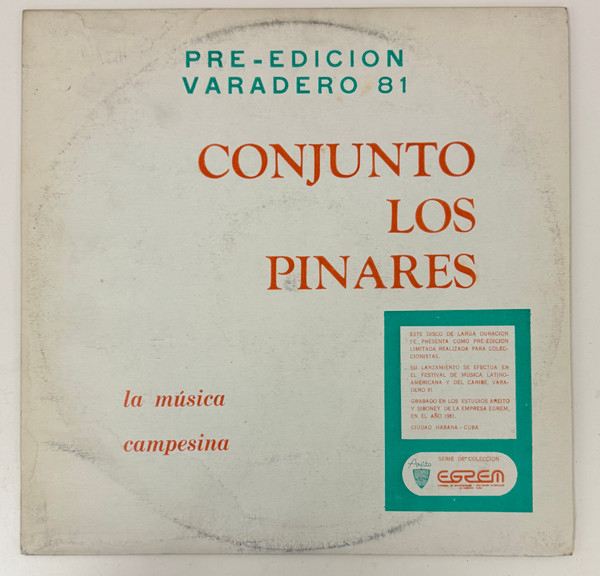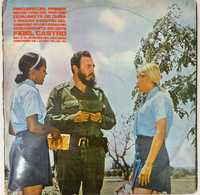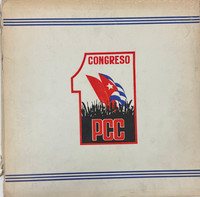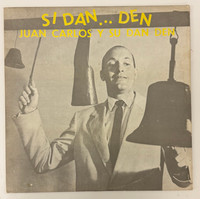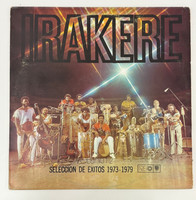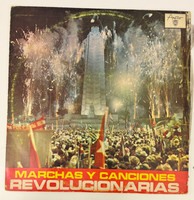- Travel
-
Exhibits
- Covers
- Immortal Cuba: Artists Take on Their Heroes
- Seattle Poster Exhibit
- Sandra Dooley & Alejandrina Cué
- The Art of Wayacón
- Cuban Folk Art
- Cuba In Black And White
- 25 Years of Cuban Art Space
- Summer Folk Art Expo
- ¡SPRING AWAKENING FROM CUBA!
- Celebrating The Art Of Cuban Women
- Celebrating Paper, Affordable Art from Cuba
- Art of the Revolution
- Outsider Art
- Lost and Found
- En la lucha: Celebrating Cuban Women and Their Art
- Cuban Art Stash
- 100 Fires: 5 Cienfuegos Artists' Work on Paper
- Waya + Monte! Magic Realism in Cienfuegos
- Viva Cuba Viva! Poster Show
- Cultivando Sueños
- Black Lives Matter in Cuba Jan 9-March 27
- Leandro Soto: Crónicas visuales
- Cuban Canvas
-
Archive
- Global Reflection 2018: Spirit and Community
- Exhibit in the cloud: Contemporary Works on Paper
- MADE IN CUBA! MINNEAPOLIS EXHIBIT
- Cuban Posters and Photography from CCS collection
- AUTUMN SALE! Sept/Oct 2017
- SPRING ARTS AND CRAFT SALE
- Vuelo Directo/Non Stop: Alberto & Alejandro Lescay
- The Many Faces of Fidel
- Somos
- Made in Cuba!
- The US empire in Cuban graphics
- Made in Cuba/Seattle exhibit
- Entre Nos
- Looking Back
- Cuban Art Space
- Membership/Donate
- About Us
- Cuba News
-
The minimalist cover design for this special pre-edition release employs a stark, elegant typography in teal and burnt orange against a cream background. The austere presentation befits its status as a limited collector's edition released specifically for the Festival de Música Latinoamericana y del Caribe (Varadero 81). A green informational box in the lower right corner announces this as "ESTE DISCO DE LARGA DURACIÓN SE PRESENTA COMO PRE-EDICIÓN LIMITADA REALIZADA PARA COLECCIONISTAS" (This long-playing record is presented as a limited pre-edition made for collectors), noting it was recorded at the Areito and Siboney studios of EGREM in 1981. The italic subtitle "la música campesina" emphasizes the album's focus on rural Cuban folk traditions.
This album showcases Conjunto Los Pinares performing música campesina, the traditional rural music of the Cuban countryside rooted in Spanish décima poetry and punto cubano song forms. The distinctive sky-blue Areito record label features the Taíno mask logo and clearly identifies the genre as "MUSICA CAMPESINA DE CUBA." Track listings reveal the diversity of campesino musical forms: seguidilla, punto fijo, and various tonadas (peasant songs) including "Tonada Marichal," "Tonada de Justo Vega," "Tonada mili mili," "Tonada del Tartamudo," and "Tonada ja ja ja." The album also includes "Mi casita, guajira de salón" (My Little House, a parlor-style guajira) and other traditional forms like "Tonada guantanamera," "Tonada tumba y tumba," "Tonada del burro," and "Malatena sandunguera, guaracha."
Música campesina represents the cultural heritage of Cuba's guajiro (peasant farmer) class, preserving poetic traditions brought from the Canary Islands and Andalusia that evolved uniquely in Cuban soil. The music typically features tres guitar, laúd, guitar, maracas, claves, and güiro, with singers improvising décimas in the punto guajiro style. This pre-edition release, recorded during the Varadero Festival, documents these vital folk traditions at a moment when EGREM was actively preserving and promoting Cuban vernacular music alongside more internationally recognized styles. The festival context and limited collector's edition status underscore the cultural importance of maintaining these rural musical traditions within revolutionary Cuba's cultural policy.
-

